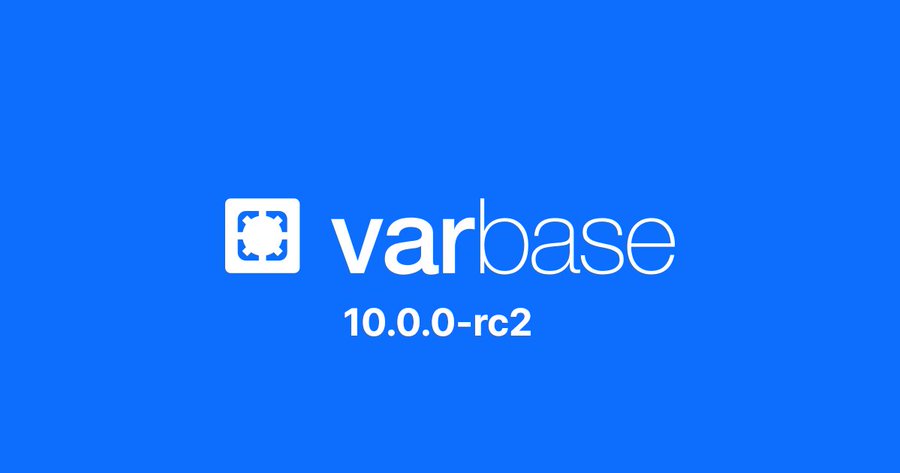Drupal 8 EOL: FAQs
Drupal 8 End Of Life was on November 2nd, 2021. But there are quite a few sites still on Drupal 8 (D8). What about them? Here are a few pertinent questions commonly raised with regards to D8 End Of Life (EOL).
What will happen to my Drupal 8 site if it is not migrated to Drupal 9?
Drupal 8 sites will still continue to function normally even after EOL. The only issue will be security concerns that might crop up after the end of November 2021.
Can a Drupal 8 website still function after the version’s EOL?
While it is true that D8 EOL is already over, the fact is that Symfony on which Drupal 8 depends also has stopped support by November 2021. After this, any security issues or bugs can become costly and difficult to fix.
What is the average time taken to do a site migration from Drupal 8 to Drupal 9?
50 hrs+ is a safe estimate for a normal-sized Drupal 8 website. While the D8 to D9 migration is in itself easy, the issue is the website has to be upgraded to the Drupal 8.9 version before it can be migrated to Drupal 9. The time taken to migrate will also depend on the size of the site. The contributed modules used on the site will also play a role- whether it has been made Composer ready.
Why does the EOL of Drupal 8 version come before version 7 which was released earlier?
Drupal 7 is installed in over 619,216 live sites. That is about 66.4% of all Drupal websites. It is by far the most popular version of Drupal ever. This is why the Drupal Association extended the EOL for Drupal 7 to next year although Drupal 8 support will end this year-end. It will give ample time for the developers to move from their Drupal 7 installations directly to Drupal 9 skipping a version in between. Drupal 8 is based on Symfony 3.x versions.
Why is Drupal 8 Symfony dependent?
Drupal 8 in its core library has a lot of reusable Symfony components. Symfony comprises a major chunk of Drupal’s third-party dependency. Drupal 8’s end of life thus coincides with Symfony 3’s falling in November 2021. Drupal 9, the new version is updated to Symfony 4.4
What is Symfony? Why is Drupal dependent on Symfony?
Symfony is a PHP web application framework and has a library of reusable PHP components. Licensed under MIT, it was published as a free software first in October of 2005.
Symfony provides tools for the common and recurring tasks needed for building an application. By taking advantage of that a Drupalist can use that time to build new features. Efforts that need not be duplicated by Drupal developers, writing and maintaining the same code done by Symfony.
Another advantage is that Symfony respects existing standards of PHP and works within that framework. Symfony also allows the use of certain software building blocks like translations management, dependency injector without the use of the entire framework.
Note: The vision of this web portal is to help promote news and stories around the Drupal community and promote and celebrate the people and organizations in the community. We strive to create and distribute our content based on these content policy. If you see any omission/variation on this please let us know in the comments below and we will try to address the issue as best we can.



















